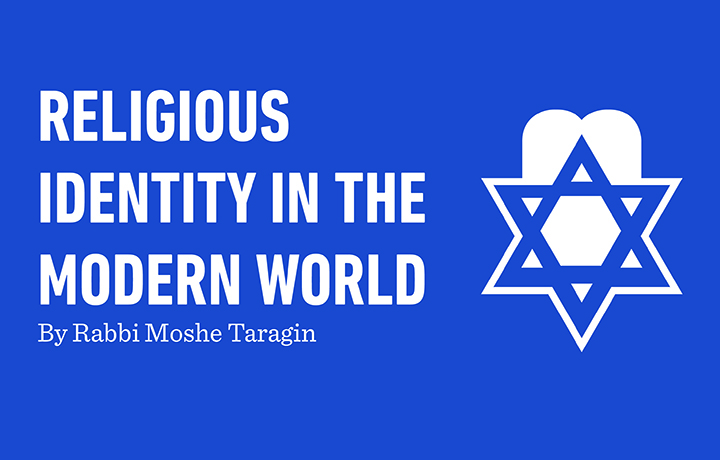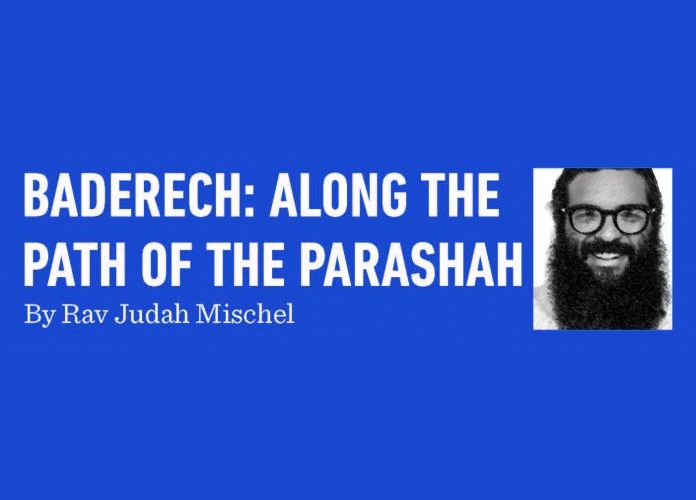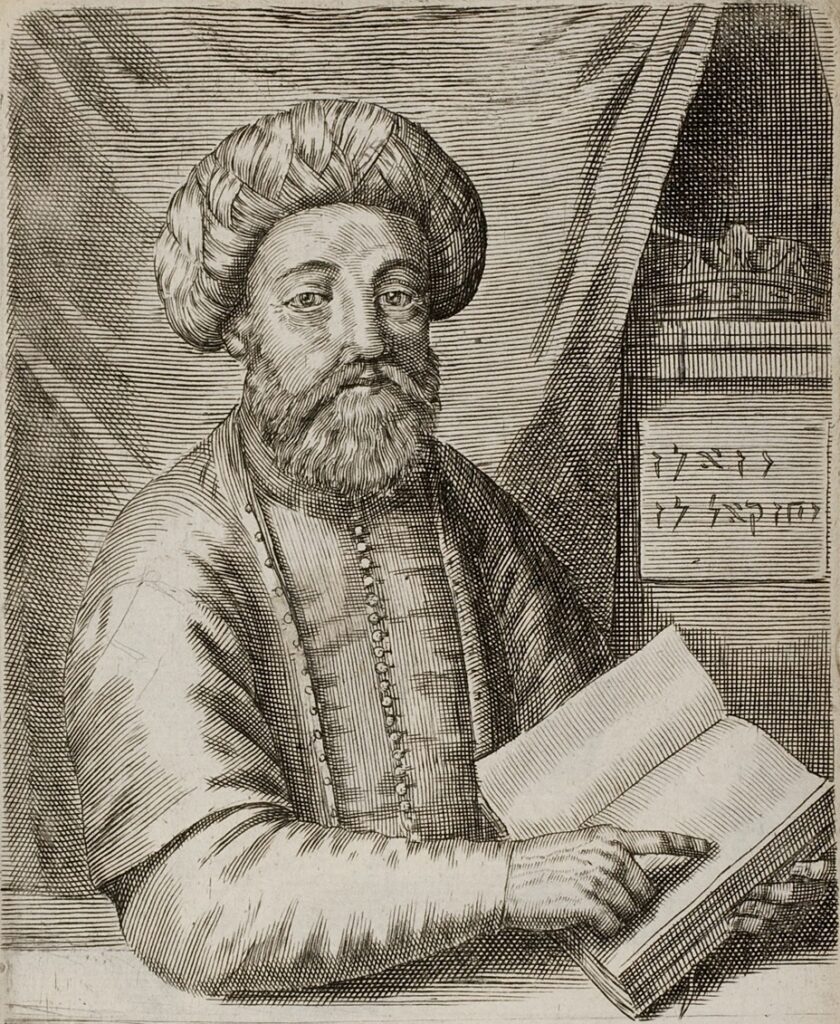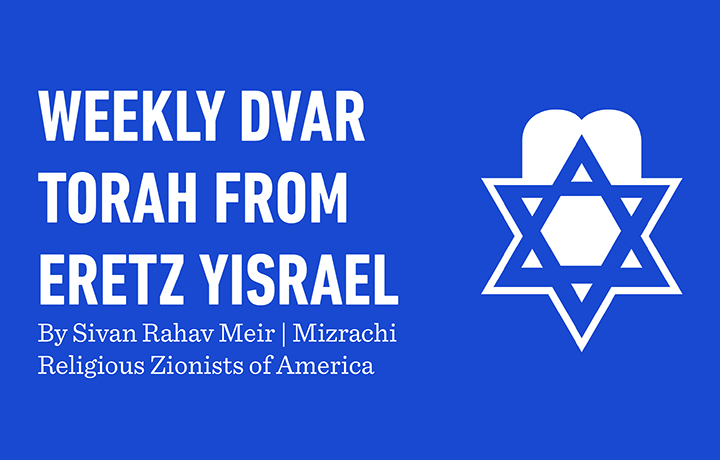How We Raise Ourselves: The Greatness Of Torah Learning
How We Raise Ourselves: The Greatness Of Torah Learning
Masechet Avot originally consisted of five perakim. To continue its study on the sixth Shabbat between Pesach and Shavuot, a sixth perek was added to the masechet. As that Shabbat generally falls out right before Shavuot, the sixth perek helps us prepare for the chag by focusing on Torah learning. This perek is known as “Kinyan Torah” because it refers to two aspects of Torah acquisition: What we need to acquire it and what other values we acquire together with it.
Torah learning benefits the student in both this world and beyond. Mishnah zayin succinctly captures this: “Torah is great, for it grants life in this world and the next.” This dual reward underscores the profound impact of Torah learning on our spiritual and worldly existence.
Considering Talmud Torah’s status as a central mitzvah, we easily understand how it earns one life in the Next World. Mishnah yud tells of Rebbe Yossi ben Kisma’s rejection of a substantial monetary offer to move to a city lacking a strong Torah presence. Rebbe Yossi explained his refusal by saying that we take only Torah learning and good deeds, not money and precious stones, with us to the Next World. People value many things in this world. When choosing how to live our lives, we should focus on what has eternal value, what connects us to the Divine and the eternal.
The mishnah’s assertion that Torah learning also grants life in this world is a greater chiddush. Rebbe Akiva reinforced this point in his explanation for his defiance of the Roman prohibition against teaching Torah. He likened a Jew’s need for Torah learning to a fish’s need for water (Berachot 61b). Torah is not just a supplement to life; it is a necessary condition for it. Though we can physically live and breathe without Torah, our spiritual life hinges on its nourishment.
Mishnah alef quotes Rebbe Meir, who lists many additional benefits of Talmud Torah.
Before listing these benefits, Rebbe Meir emphasizes that a person who learns Torah also makes the existence of the entire world worthwhile. This echoes the sentiment expressed by Shimon Hatzaddik earlier in Avot, that the world exists for Torah learning. Rebbe Meir takes this notion a significant step further by portraying even a single person’s Torah learning as making the whole world worthwhile!
Rebbe Meir concludes his list of benefits by declaring that Torah learning makes one “greater” and “higher” than all creations. Torah learning is “great,” not just because it grants life (mishnah zayin) but also because it elevates us.
The Gemara (Megillah 16b) further develops this “greater” aspect of Torah learning by asserting that it is “greater” than honoring parents, building the Beit HaMikdash, and even saving a life! Saving a life takes priority over Torah learning, but learning is of greater value because it deepens our appreciation of Hashem. Though we connect to Hashem by fulfilling any mitzvah, Torah learning immerses us in Hashem’s wisdom and facilitates familiarity with Him.
As we saw, mishnah alef describes Torah learning as raising the student above other creations. Mishnahbet adds a second aspect—Torah learning helps people realize their highest potential; it empowers us to become the best version of ourselves.
This second dimension supports how Rav Yosef reflected on his Torah learning. Rav Yosef had a preferred Shavuot culinary selection and a unique formulation of its significance. He ate a “triple-meat” sandwich and explained his custom by exclaiming that “without the impact of this day, there would be many Yosefs (Joes) in the marketplace” (Pesachim 68b).
Rav Yosef highlighted the importance of Torah learning and knowledge in developing a meaningful and distinguished identity. Hashem created every one of the world’s eight billion people with a yearning for meaning. Although we all know that we are merely one of billions, we want to feel that our lives matter, that we mean more than just “the average Joe.”
There are many ways people seek to distinguish themselves. There are the Joe DiMaggios and Joe Namaths of sports and President Joe Biden. Though some of their accomplishments are impressive and often impactful, Rav Yosef asserts that the only way to truly develop and distinguish ourselves is through learning Torah and using its guidance to build a Torah personality. Though mitzvot and good deeds are significant, only Torah learning develops us in a way that inherently elevates and truly distinguishes us.
To summarize, Avot’s sixth perek emphasizes the great significance of Torah learning: It grants us life in both this world and the Next and also helps us achieve greatness and the highest level of our potential growth.
May these mishnayot inspire us to appreciate and fully maximize our opportunities for Torah learning! n
Rav Reuven Taragin is the Dean of Overseas Students at Yeshivat Hakotel and the Educational Director of World Mizrachi and the RZA.
His new book, Essentials of Judaism, can be purchased at RabbiReuvenTaragin.com.














